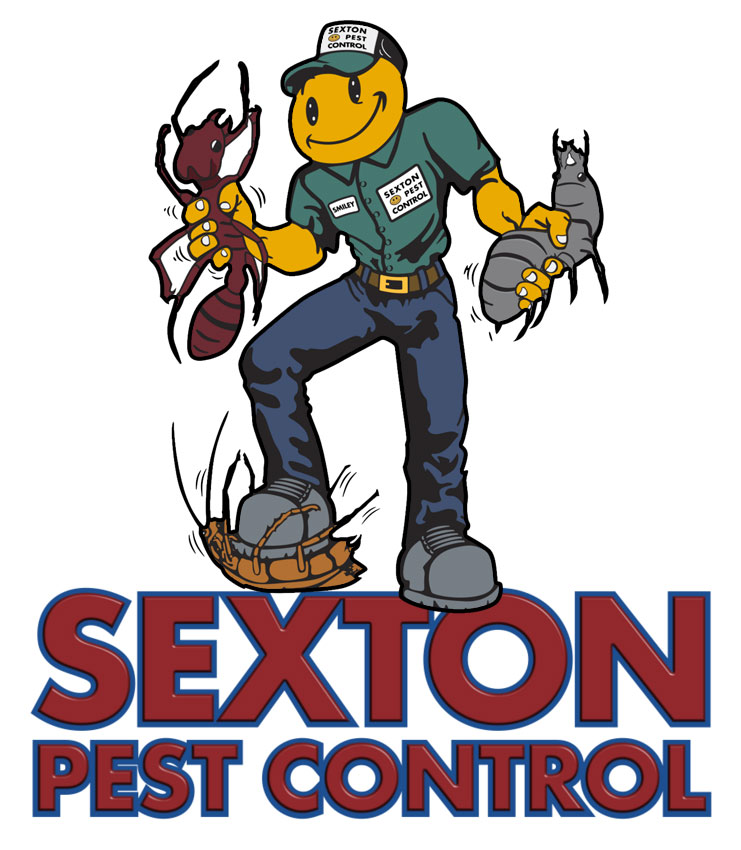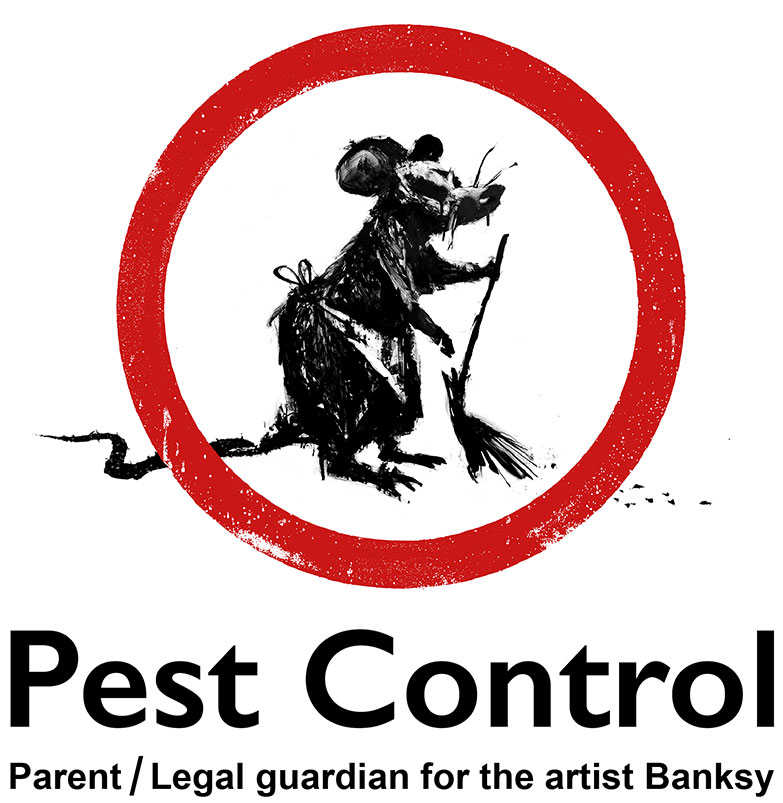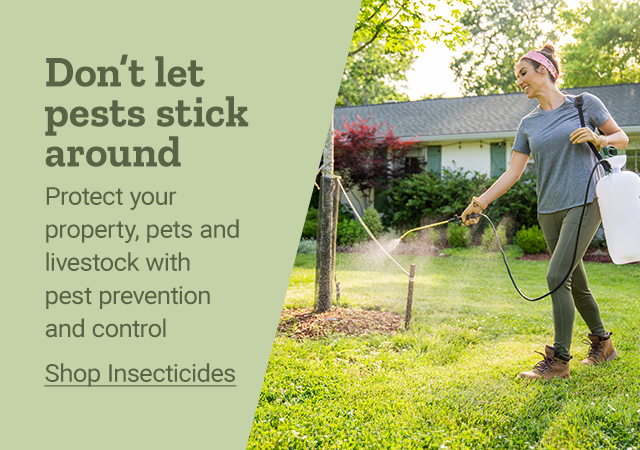Ultimate Overview to Insect Control: Kinds, advantages, and techniques
Pest control is a critical aspect of maintaining a risk-free and healthy and balanced setting, whether it remain in domestic, industrial, or agricultural settings (Pest Control Homestead). Understanding the advantages, techniques, and kinds of parasite control methods can substantially affect the effectiveness of bug management techniques. By discovering the diverse series of approaches offered, one can customize pest control initiatives to certain requirements and obstacles, making sure a sustainable and thorough solution. The globe of pest control is diverse, with various tools and methods at one's disposal.
Relevance of Insect Control
Insect control plays an essential role in preserving the health and safety and security of both industrial and domestic atmospheres. By successfully handling and removing bugs, people and organizations can protect against the spread of illness, safeguard residential property from damages, and make sure a hygienic and tidy living or working space. Parasites such as pests, rodents, and termites can posture serious health and wellness threats to people and pets by infecting food, transmitting illness, and triggering allergies. Additionally, pests can cause structural damage to buildings and facilities, causing pricey repair work and possibly endangering the safety of owners.
Applying routine pest control determines not only safeguards the physical health and wellness of individuals yet also adds to their mental health by developing a comfy and safe and secure atmosphere devoid of the nuisances and disruptions caused by bugs. In business settings, parasite control is crucial for preserving a favorable online reputation, conforming with wellness and security policies, and securing the well-being of customers and staff members. Overall, the importance of bug control can not be overemphasized in protecting the health and wellness, security, and overall lifestyle in both commercial and property areas.
Typical Bug Control Strategies
Given the critical function that pest control plays in securing health and home, it is crucial to explore effective methods for managing and getting rid of bugs. Typical pest control methods include an array of methods customized to particular parasite kinds. Physical techniques include using obstacles, webs, or traps to avoid pests from entering or to capture them. Biological control utilizes all-natural predators or microorganisms to manage pest populaces, minimizing the need for chemical interventions. Chemical control, such as chemicals, is extensively made use of yet requires careful application to decrease ecological influence. Furthermore, incorporated pest management incorporates different techniques to achieve lasting insect suppression while lessening threats to human health and wellness and the community. Cultural strategies, like correct waste management and keeping tidiness, also play a vital function in insect prevention. Eventually, one of the most efficient bug control strategy commonly involves a mix of techniques tailored to the certain pest species and the atmosphere in which they stay.

Organic Insect Control Approaches
When thinking about environmentally-friendly methods to managing parasite populations, natural bug control methods offer a sustainable solution. One common organic bug control approach is biological control, which includes introducing natural killers, parasites, or microorganisms to manage parasite populaces.
One more effective organic insect control method is the usage of organic pesticides acquired from all-natural sources such as minerals, microorganisms, or plants. These chemicals target details bugs while reducing harm to beneficial pests and the ecological community. Neem oil, for instance, is a preferred organic chemical that disrupts the growth and recreation of various bugs without causing injury to other organisms.
Social techniques like crop rotation, buddy planting, and keeping proper plant wellness also fall under organic insect control approaches. By developing a balanced environment and decreasing parasite susceptabilities, these techniques help stop pest infestations without the demand for harmful chemicals. Organic insect control methods not just protect the environment however likewise advertise lasting and long-term parasite administration services.
Types of Insect Control Provider
Considering the diverse approaches available for handling bug populaces, a vital element to explore next is the series of solutions used under the umbrella of bug control. Insect control solutions can be extensively classified into three main types: household insect control, industrial insect control, and incorporated pest administration (IPM)
Residential parasite control solutions concentrate on managing and eliminating bugs generally located in homes, such as ants, rats, roaches, and termites. These solutions frequently include the application of secure yet effective treatments to secure the health and security of residents.

Integrated Insect Administration (IPM) takes a holistic approach to pest control by integrating biological, social, physical, and chemical approaches to manage insect populaces effectively while lessening threats to human health and wellness and the environment. IPM concentrates on long-lasting avoidance and sustainable pest management practices.
Integrated Pest Administration Approach
An integrative strategy to pest monitoring, understood as Integrated Bug Administration (IPM), integrates different techniques to effectively manage pest populaces while minimizing threats to human wellness and the atmosphere. Pest Control Homestead. IPM concentrates on stopping insects through a combination of biological, social, physical, and chemical control techniques. By using an alternative technique, IPM aims to deal with the origin triggers of pest invasions instead of simply dealing with the signs and symptoms
One trick aspect of IPM is making use of organic controls, such as introducing natural predators or pathogens to handle parasite populaces. This approach minimizes the reliance on chemical pesticides, thus lowering the overall environmental impact. Cultural controls include modifying the bug's environment to make it less welcoming, while investigate this site physical controls include using catches or barriers to omit or catch pests.
IPM additionally stresses surveillance and regular examination to evaluate parasite degrees precisely and establish one of the most suitable control techniques. By integrating these diverse approaches, IPM offers a sustainable and reliable strategy to pest you can try these out administration that promotes long-lasting options while securing human health and the ecological community.

Conclusion
In conclusion, insect control is essential for keeping a risk-free and healthy and balanced setting. By making use of various techniques such as natural approaches and integrated bug monitoring, people can successfully handle and avoid bug problems. Various kinds of pest control solutions are offered to satisfy details requirements and choices. Generally, carrying out correct pest control actions can assist protect residential or commercial property, crops, and human wellness from the dangerous effects of parasites.
Understanding the benefits, methods, and kinds of pest control methods can significantly impact the efficiency of parasite monitoring techniques. Usual parasite control techniques encompass a range of methods tailored to certain parasite types. One usual natural pest control method is biological control, which entails introducing all-natural killers, bloodsuckers, or pathogens to control bug populaces.An integrative technique to pest administration, recognized as Integrated Parasite Monitoring (IPM), incorporates numerous approaches to efficiently manage pest populaces while lessening risks to human health and wellness and the atmosphere. Cultural visit homepage controls include customizing the parasite's environment to make it much less friendly, while physical controls consist of the use of traps or obstacles to exclude or capture insects.